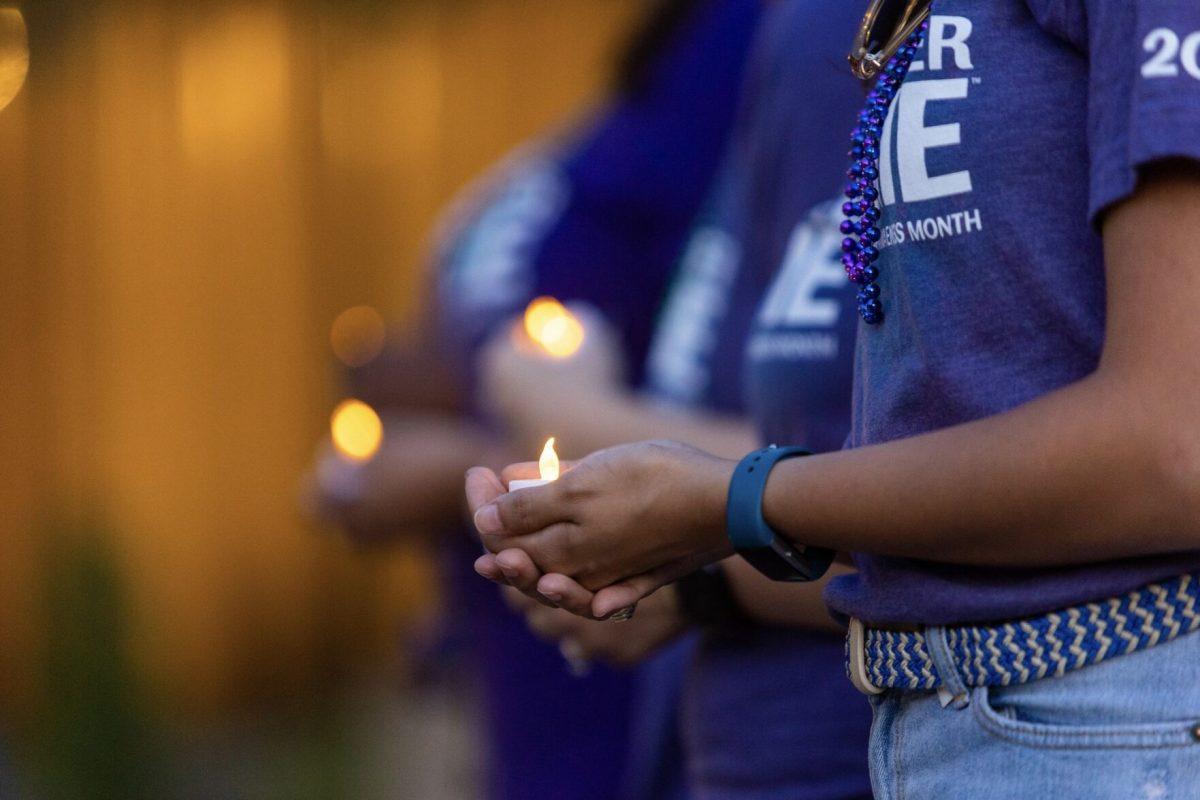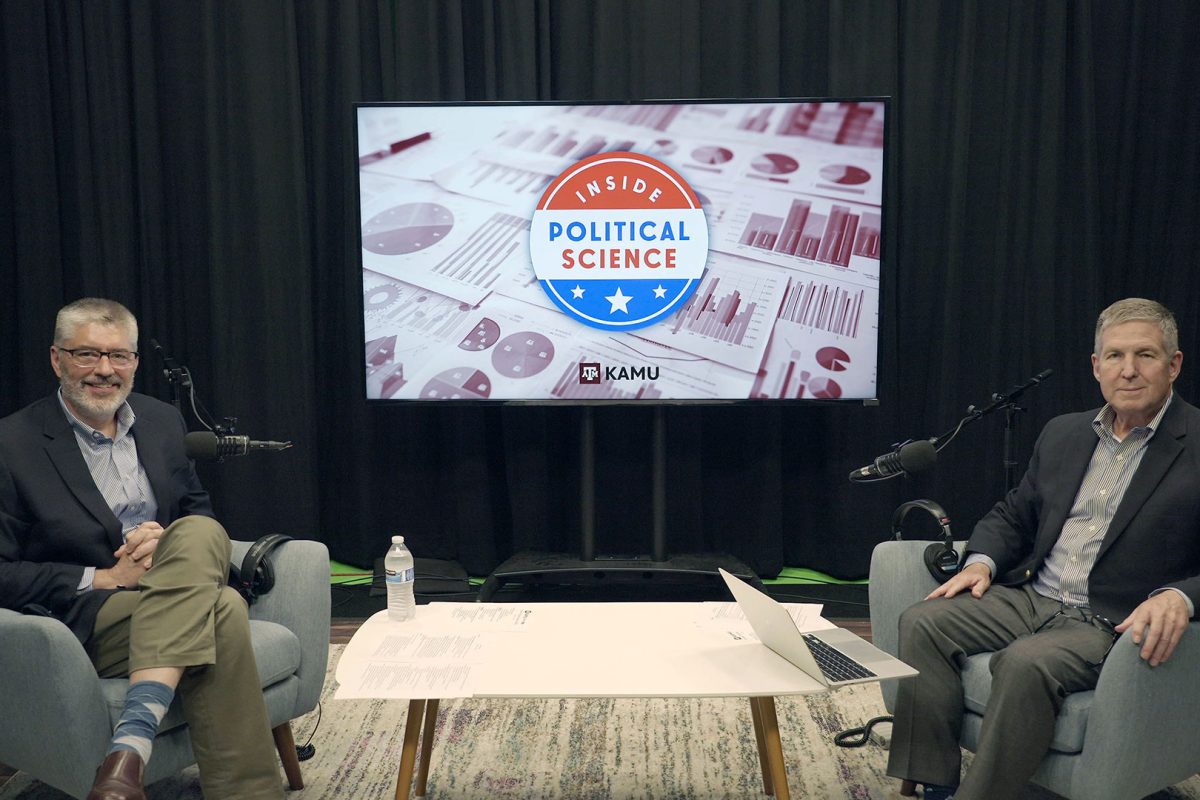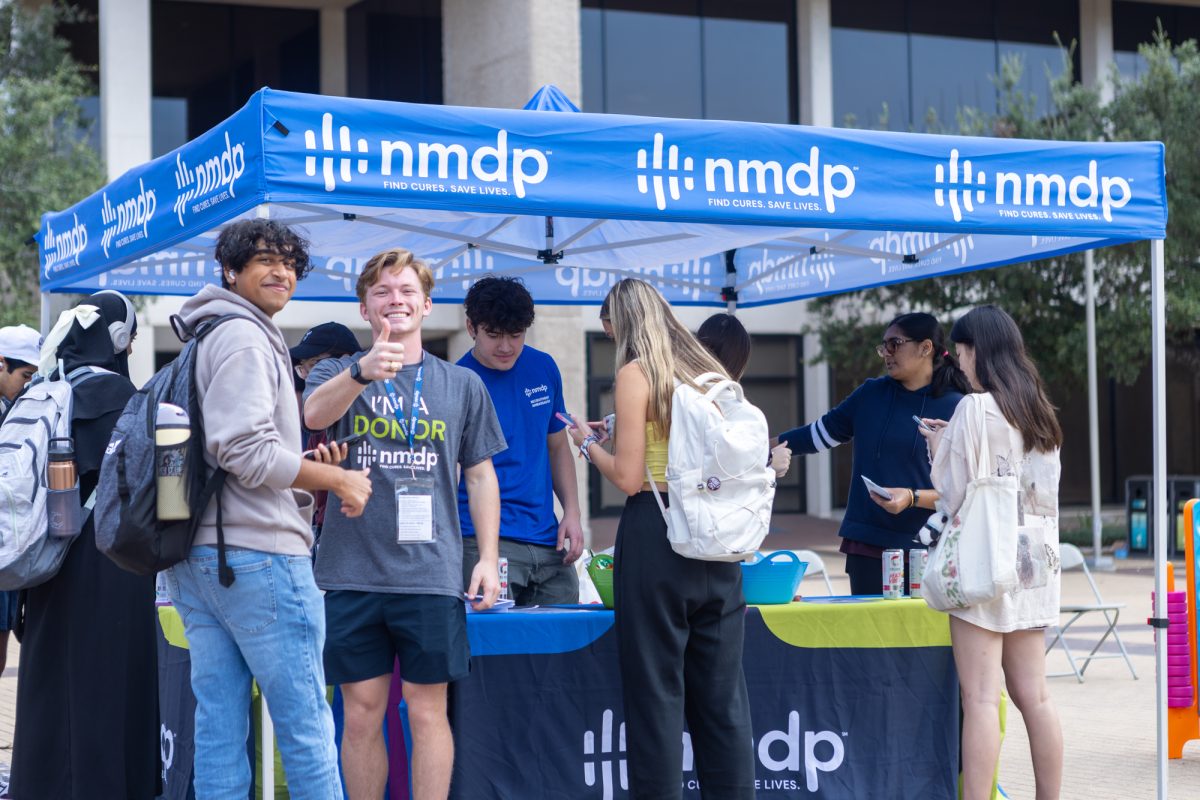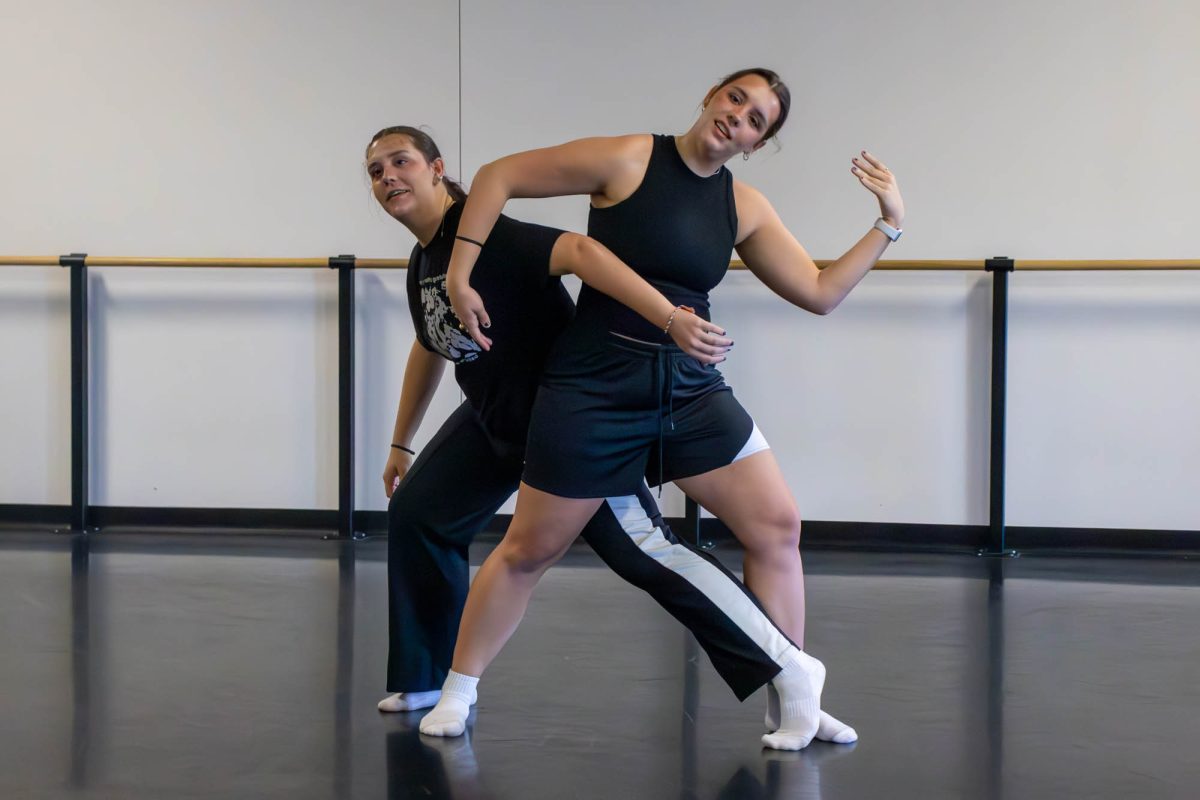Information in this article may be triggering to some individuals. If you or someone you know is having suicidal thoughts, reach out to the National Suicide Prevention Lifeline at 1.800.273.8255 for professional support. If you or someone you know are in immediate danger, call 9-1-1 immediately.
There is help. There is hope. Sometimes, a simple conversation can help save a life.
Suicide is not an easy topic to discuss. It is the second leading cause of death among all college-aged students, according to the American College Health Organization. As Texas A&M works to expand the number and types of training, counseling and intervention services, one suicide prevention graduate said it’s time to break the stigma and end the silence around suicide.
AJ Franzetti is a graduate student who leads training through A&M’s Counseling & Psychological Services, or CAPS, program. As the need for more and different kinds of outreach and suicide prevention services has grown, Franzetti said both A&M and CAPS have expanded campus mental health programs and the number of resources offered on campus.
“There was a [national] study done with college universities, and we saw that those that died by suicide – 86% of those students, unfortunately – did not see campus counseling prior to their death,” Franzetti said.
Whether it is due to stigma, cultural or religious beliefs, or lack of awareness about resources, too many students don’t seek help, Franzetti said.
“Students aren’t seeking help, and that’s so unfortunate,” he said. It’s vital to change that now since the number of students seeking resources is slowing, he added.
Whether through the Aggies Reaching Aggies peer counseling program or connecting a friend to the Crisis Text Line, there are on-campus programs at Texas A&M for anyone who needs help. Aggies who want to help others by offering understanding, reassurance, and support can learn how to help a loved one or friend seek the help they need through training, according to caps.tamu.edu.
It’s also why people need to be checking in with friends and loved ones, explained Franzetti. It might be someone who is acting differently. Or it might be someone showing warning signs of possible suicidal behavior – withdrawing from social engagements or unexplained aggression or irritability – and Franzetti wants Aggies to know there is training to learn when, and how, to help that person access campus counseling services.
“One of the main roles as a [graduate student] here is to provide Gatekeeper Trainings where I help faculty, staff and other students recognize warning signs [of suicidal behavior in] other people, their colleagues or peers that may be contemplating suicide,” Franzetti said.
“We have to rely on those that are on campus interacting with the students on a day-to-day basis to help be aware and notice,” Franzetti said, “and then bring them to counseling services. Because they just, unfortunately, aren’t always willing to seek.”
CAPS offers three levels of training for students, faculty and staff to educate themselves about how to support students who are emotionally distressed or in crisis. The Question Persuade Refer, or QPR, Gatekeeper training brings awareness to verbal, situational and
behavioral signs of distress, Franzetti said.
Some signs may be not as easy to spot, he added, while others may be more clear.
“One great thing about universities, [is] students wanting to help other students,” Franzetti said. “The biggest thing – what I love about HelpLine and what I love about our other student org Aggies Reaching Aggies – is it’s not just a bunch of therapists and psychologists at CAPS that are here for you. It’s other students.”
Help is only a call away with the number located on the back of student ID cards, said Susan Vavra, HelpLine director. Since January 1995, HelpLine has supported students and also helps alleviate stress of anyone who may be concerned about a struggling student, Vavra said.
“One of our biggest goals when we started HelpLine all those years ago, was to really try to decrease the number of suicides on campus by giving the students a place where they could call and talk about however they’re feeling,” Vavra said. “Even if they’re feeling like they no longer want to be alive.”
The HelpLine is open from 4 p.m. to 8 a.m. on weekdays and 24 hours on weekends while classes are in session, Vavra said. Through the line, student and former student volunteers provide mental health services to students who call in for help over the phone help.
“There’s something really special about the peer-to-peer relationship,” Vavra said. “It takes some of the scariness out of it.
“CAPS has this beautiful staff – that is probably one of the best counseling staffs in the nation – but you also totally understand how intimidating it is for somebody who’s maybe never received therapy, to go into [a counselor’s office] and tell them their story for the first time,” Vavra said. “HelpLine can be a really great first step for somebody if they’re nervous about talking.”
Someones major, or where they are in their academic career or where they are from, doesn’t matter, Franzetti said. What is essential is recognizing when students need help to reach out and talk about their mental health.
“There are people here that care about you,” Franzetti said. “It’s not just mental health professionals, but it’s fellow students, fellow peers, that are going through a lot of the similar things you are, and know what it can be like.
“Our hope is to show that, and be a good advocate for them to get the help that they need, and help them through whatever situation they happen to be going through in those moments,” Franzetti said. “Because I know it looks a little different for everyone.”
‘Not another Aggie’ — Breaking the silence on suicide
April 3, 2022
Photo by VIa CAPS.tamu.edu
Aggies Reaching Aggies is a peer gatekeeper training focused on creating meaningful connections and conversations among students. Email [email protected] for more information.
0
Donate to The Battalion
$90
$2500
Contributed
Our Goal
Your donation will support the student journalists of Texas A&M University - College Station. Your contribution will allow us to purchase equipment and cover our annual website hosting costs, in addition to paying freelance staffers for their work, travel costs for coverage and more!










